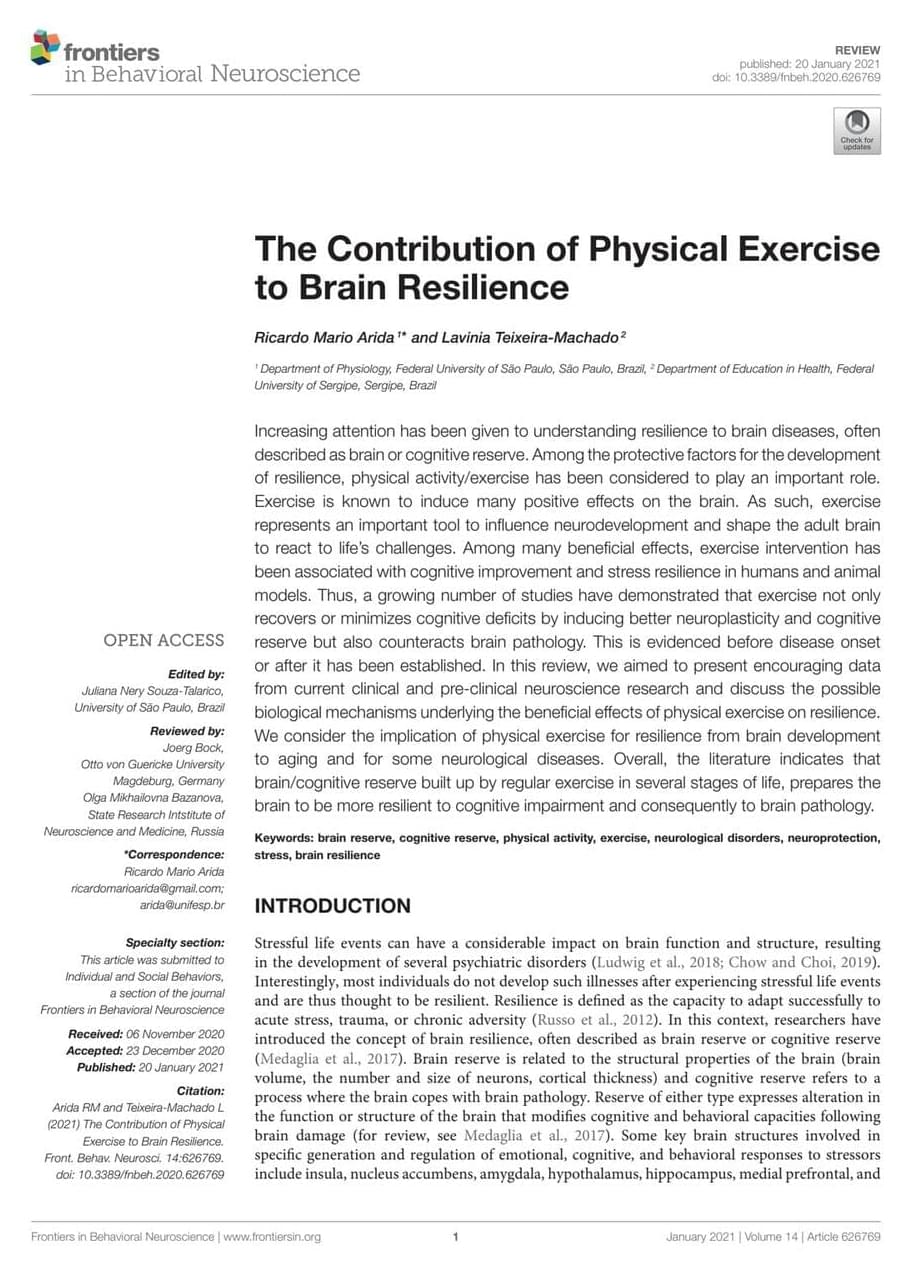Contribution of exercise to brain resilience.
Dropbox is a free service that lets you bring your photos, docs, and videos anywhere and share them easily. Never email yourself a file again!




Most experts think we have to tweak general relativity to fit with quantum theory. Physicist Jonathan Oppenheim isn’t so sure, which is why he’s made a 5000:1 bet that gravity isn’t a quantum force.
This video explores what attention really is, what role it plays in learning and why people can’t multitask — the issue of attention residue.
OUTLINE:
0:00 — Sneak peek.
0:20 — Introduction.
0:57 — Why we need attention.
1:46 — Thalamus as attentional filter.
3:06 — Higher attentional systems.
3:40 — Role of attention in learning.
4:42 — Attention residue.
6:00 — Conclusions and references.
Socials:
VK: https://vk.com/atpsynthase
OpenAI has released a new version of ChatGPT, claiming that the new language learning model is capable of passing – and even excelling in – a variety of academic exams.
ChatGPT-4, which will be available on Bing as well as the OpenAI website, is more reliable and more creative than its predecessor, according to OpenAI. The team tested the model on a number of exams designed for humans, from the bar exam to biology, using publicly available papers. While no additional training was given to the model ahead of the tests, it was able to perform well on most subjects, performing in the estimated 90th percentile for the bar exam and the 86th-100th in art history.
Just as the previous model was accused of being bad at math, this version struggled more with calculus, scoring in the 43rd-59th percentile.

The novel substance is detailed in a research paper, Evidence of near-ambient superconductivity in a N-doped lutetium hydride, which is published in the scientific journal Nature.


Imagine a universe with extremely strong gravity. Stars would be able to form from very little material. They would be smaller than in our universe and live for a much shorter amount of time. But could life evolve there? It took human life billions of years to evolve on Earth under the pleasantly warm rays from the Sun after all.
Now imagine a universe with extremely weak gravity. Its matter would struggle to clump together to form stars, planets and—ultimately—living beings. It seems we are pretty lucky to have gravity that is just right for life in our universe.
This isn’t just the case for gravity. The values of many forces and particles in the universe, represented by some 30 so-called fundamental constants, all seem to line up perfectly to enable the evolution of intelligent life. But there’s no theory explaining what values the constants should have—we just have to measure them and plug their numbers into our equations to accurately describe the cosmos.